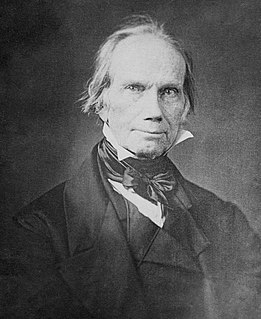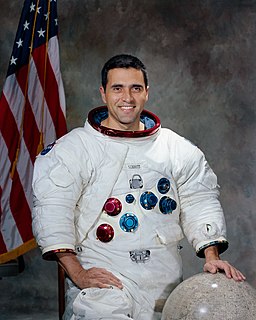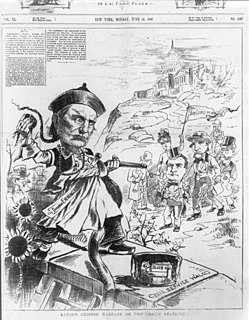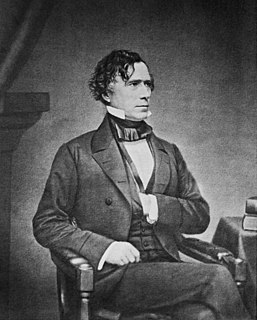A Quote by Grover Cleveland
I can find no warrant for such an appropriation in the Constitution, and I do not believe that the power and duty of the General Government ought to be extended to the relief of individual suffering which is in no manner properly related to the public service or benefit.
Related Quotes
Government is, or ought to be instituted for the common benefit, protection, and security of the people, nation, or community... when any government shall be found inadequate or contrary to these purposes, a majority of the community hath an indubitable, inalienable, and indefeasible right to reform, alter, or abolish it, in such manner as shall be judged most conducive to the public weal.
THE Constitution proposed by the convention may be considered under two general points of view. The FIRST relates to the sum or quantity of power which it vests in the government, including the restraints imposed on the States. The SECOND, to the particular structure of the government, and the distribution of this power among its branches.
I, sir, have always conceived - I believe those who proposed the constitution conceived,and it is still more fully known, and more material to observe, those who ratified the constitution conceived, that this is not an indefinite government deriving its powers from the general terms prefixed to the specified powers - but, a limited government tied down to the specified powers, which explain and define the general terms.
The General most earnestly requires, and expects, a due observance of those articles of war, established for the government of the army which forbid profane cursing, swearing and drunkenness; and in like manner requires and expects, of all officers, and soldiers, not engaged on actual duty, a punctual attendance on divine service, to implore the blessings of heaven upon the means used for our safety and defence.
[T]he Constitution ought to be the standard of construction for the laws, and that wherever there is an evident opposition, the laws ought to give place to the Constitution. But this doctrine is not deducible from any circumstance peculiar to the plan of convention, but from the general theory of a limited Constitution.
In all cases where incidental powers are acted upon, the principal and incidental ought to be congenial with each other, and partake of a common nature. The incidental power ought to be strictly subordinate and limited to the end proposed to be obtained by the specified power. In other words, under the name of accomplishing one object which is specified, the power implied ought not to be made to embrace other objects, which are not specified in the constitution.
Nothing in the Constitution of the United States gives the Congress or the Executive Branch the power to attempt the task of regulating climate, as impossible as that would be under any realistic scenarios. No national security emergency exists relative to climate that would warrant increased governmental control of energy production. Today's Americans have an obligation to future Americans to elect leaders who do not believe in an omnipotent government but believe, as did the Founders, in limited government, and in the preservation of liberty and the natural rights of the people.
The power of the state to impose restraints and burdens upon persons and property in conservation and promotion of the public health, good order, and prosperity is a power originally and always belonging to the states, not surrendered to them by the general government, nor directly restrained by the constitution of the United States, and essentially exclusive.
Remember, government is not an enlightened organization designed to promote public welfare. It is barbaric, uncivilized force…military and police power put to the service of the insiders who control it. Yes, there are constraints on the way the insiders use their power. There are ‘checks and balances,’ built into the constitution, for example. And there are cultural norms and traditional prohibitions. But eventually, the norms and traditions wear off, like painkillers. And then, the pain of raw government begins again.
The constitutionality and propriety of the Federal Government assuming to enter into a novel and vast field of legislation, namely, that of providing for the care and support of all those ... who by any form of calamity become fit objects of public philanthropy. ... I cannot find any authority in the Constitution for making the Federal Government the great almoner of public charity throughout the United States. To do so would, in my judgment, be contrary to the letter and spirit of the Constitution and subversive of the whole theory upon which the Union of these States is founded.





























